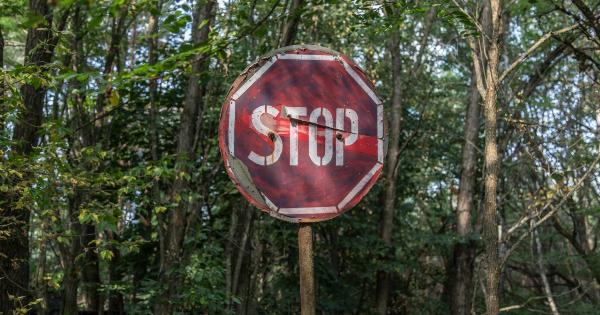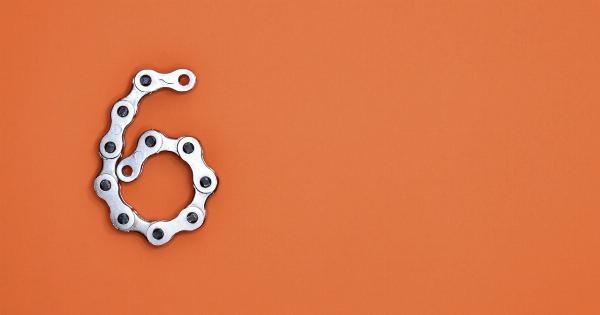Having a blocked nose can be incredibly frustrating and uncomfortable. It can impact your ability to breathe, disrupt your sleep, and even affect your sense of taste.
Whether it’s due to allergies, a cold, or sinusitis, a blocked nose can really take the fun out of life. But what exactly causes a blocked nose, and what can you do to alleviate the symptoms? In this article, we’ll explore the causes of a blocked nose and share some tips for finding relief.
What Causes a Blocked Nose?
There are a variety of factors that can contribute to a blocked nose, including:.
Allergies
Allergies are a common cause of a blocked nose. When you’re exposed to an allergen like pollen or pet dander, your body releases histamines that cause inflammation in your nasal passages.
This inflammation can lead to congestion, sneezing, and a runny nose.
Colds and Flu
Colds and flu viruses can also cause a blocked nose. When your immune system detects a virus in your system, it responds by sending white blood cells to attack the virus. This can cause swelling in your nasal passages, which can lead to a blocked nose.
Sinusitis
Sinusitis occurs when the tissues lining your sinuses become swollen and inflamed. This can cause mucus to build up in your sinuses, leading to a blocked nose, facial pain, and pressure.
Deviated Septum
A deviated septum occurs when the wall that separates the two sides of your nose is displaced to one side. This can make it difficult for air to flow through your nose, leading to a blocked nose and difficulty breathing.
Nasal Polyps
Nasal polyps are soft, noncancerous growths that can develop in your nasal passages or sinuses. These growths can block your nasal passages, making it difficult to breathe through your nose.
How Can You Relieve a Blocked Nose?
If you’re suffering from a blocked nose, there are several steps you can take to find relief:.
Use a Humidifier
Using a humidifier can help to add moisture to the air, which can help to reduce inflammation in your nasal passages. This can make it easier to breathe and help to relieve your blocked nose.
Take a Hot Shower
Taking a hot shower can also help to add moisture to the air, which can reduce inflammation in your nasal passages. Inhaling steam can also help to loosen mucus, making it easier to clear your blocked nose.
Try a Saline Nasal Spray
A saline nasal spray can help to flush out mucus and reduce inflammation in your nasal passages. You can find saline nasal sprays at most drug stores or make your own by mixing salt and water.
Use a Neti Pot
A neti pot is a small, teapot-shaped container that you can use to flush out your sinuses with a saline solution. This can help to clear congestion and relieve your blocked nose.
Take Over-the-Counter Medications
If your blocked nose is due to allergies, taking an antihistamine can help to reduce inflammation and relieve your symptoms. You can also take a decongestant to help reduce swelling in your nasal passages.
When Should You See a Doctor?
If your blocked nose lasts for more than a week or is accompanied by other symptoms like fever or a persistent cough, you should see a doctor.
Your doctor can help to determine the underlying cause of your blocked nose and recommend appropriate treatment.
In Conclusion
A blocked nose can be incredibly frustrating and uncomfortable, but there are steps you can take to find relief. Using a humidifier, taking a hot shower, using a saline nasal spray, or trying a neti pot can all help to alleviate your symptoms.
If your symptoms persist for more than a week or are accompanied by other symptoms, it’s important to see a doctor. With the right treatment, you can find relief from a blocked nose.





























